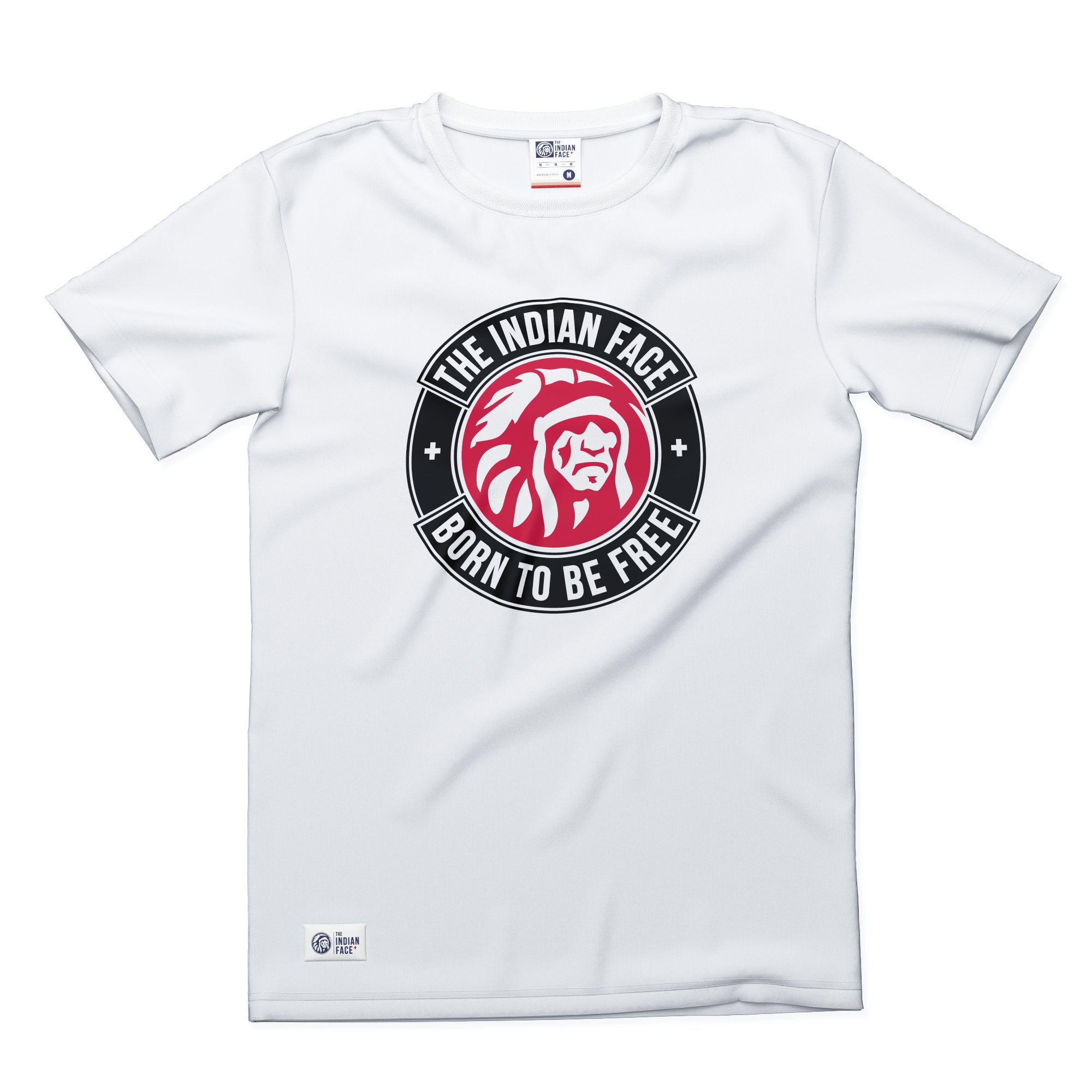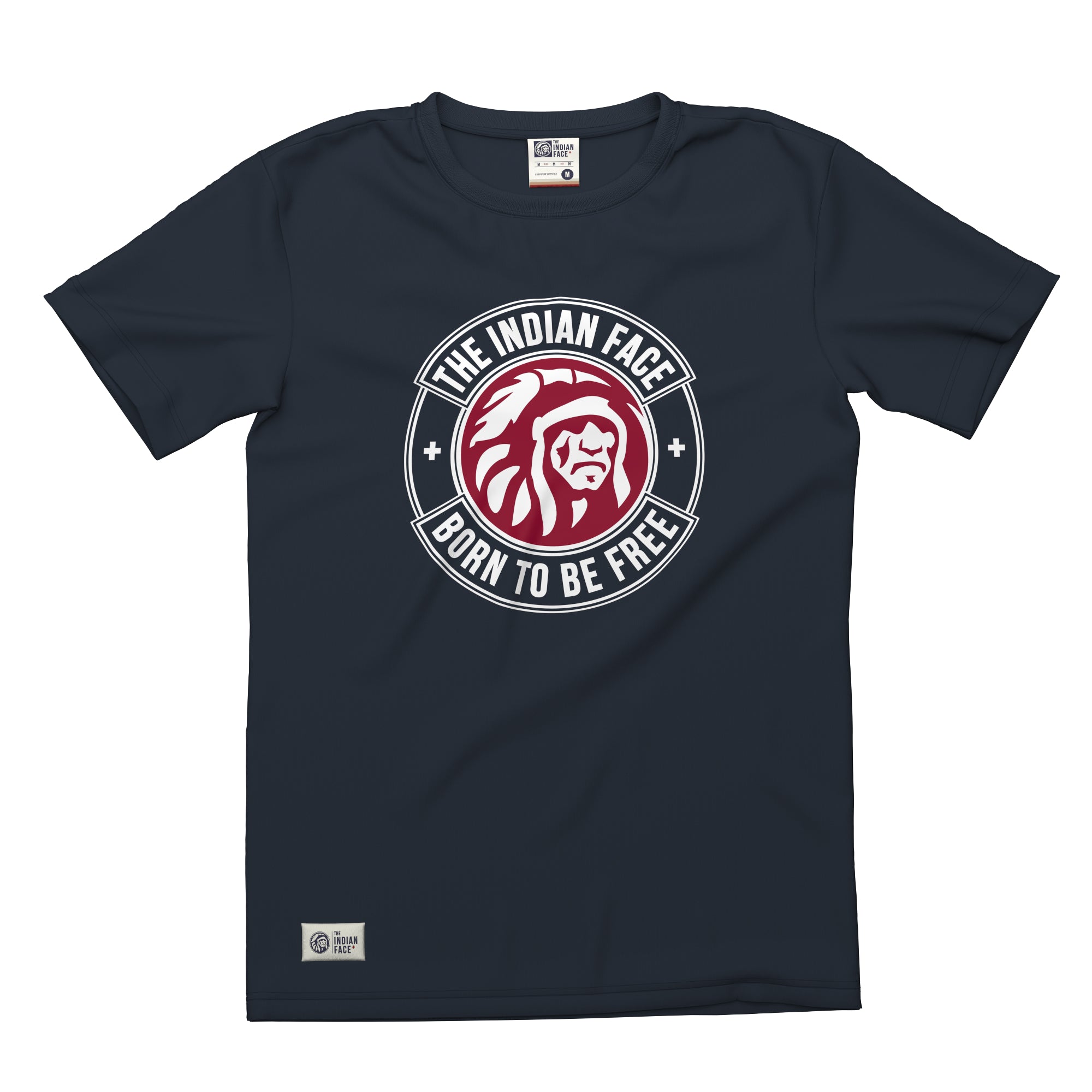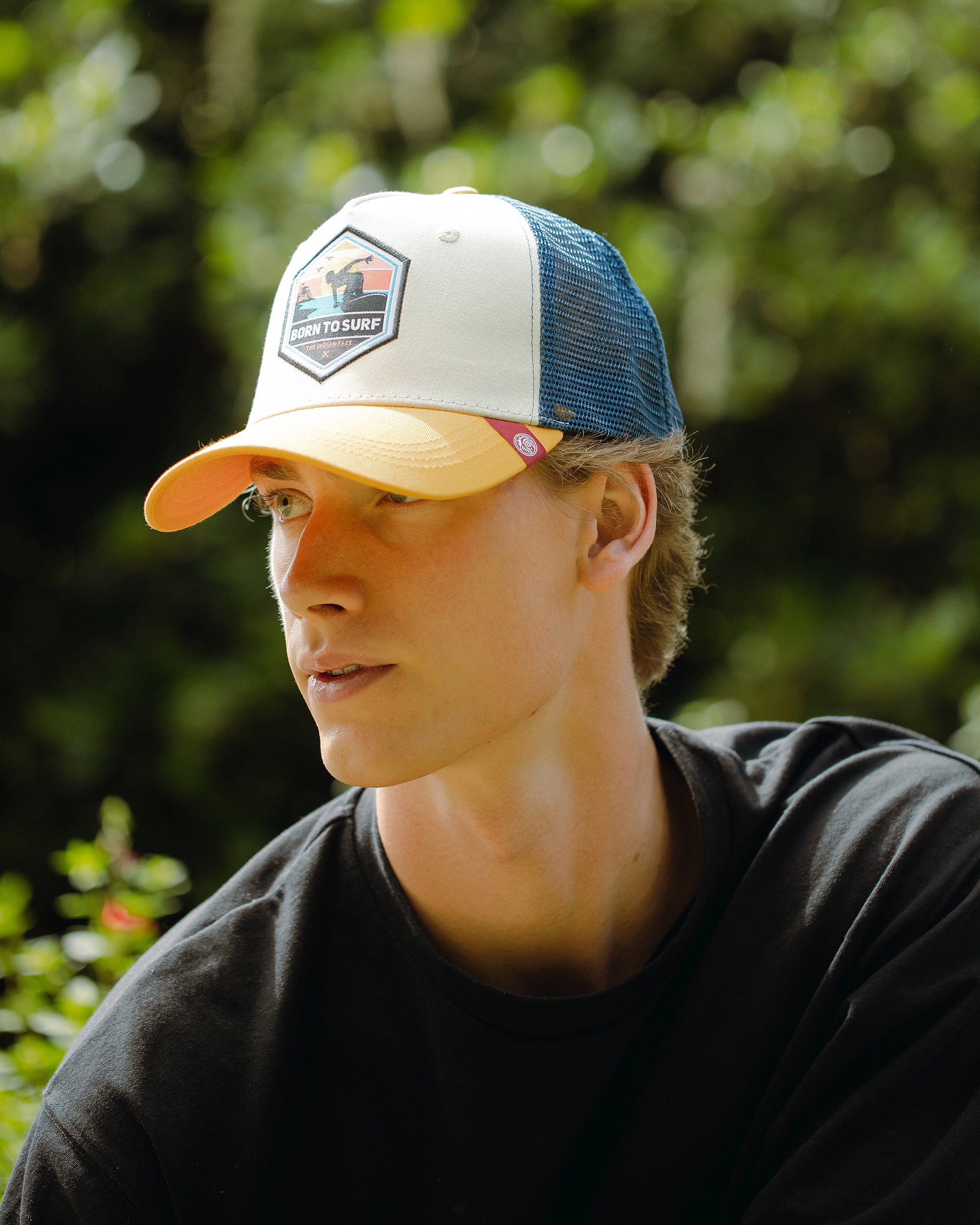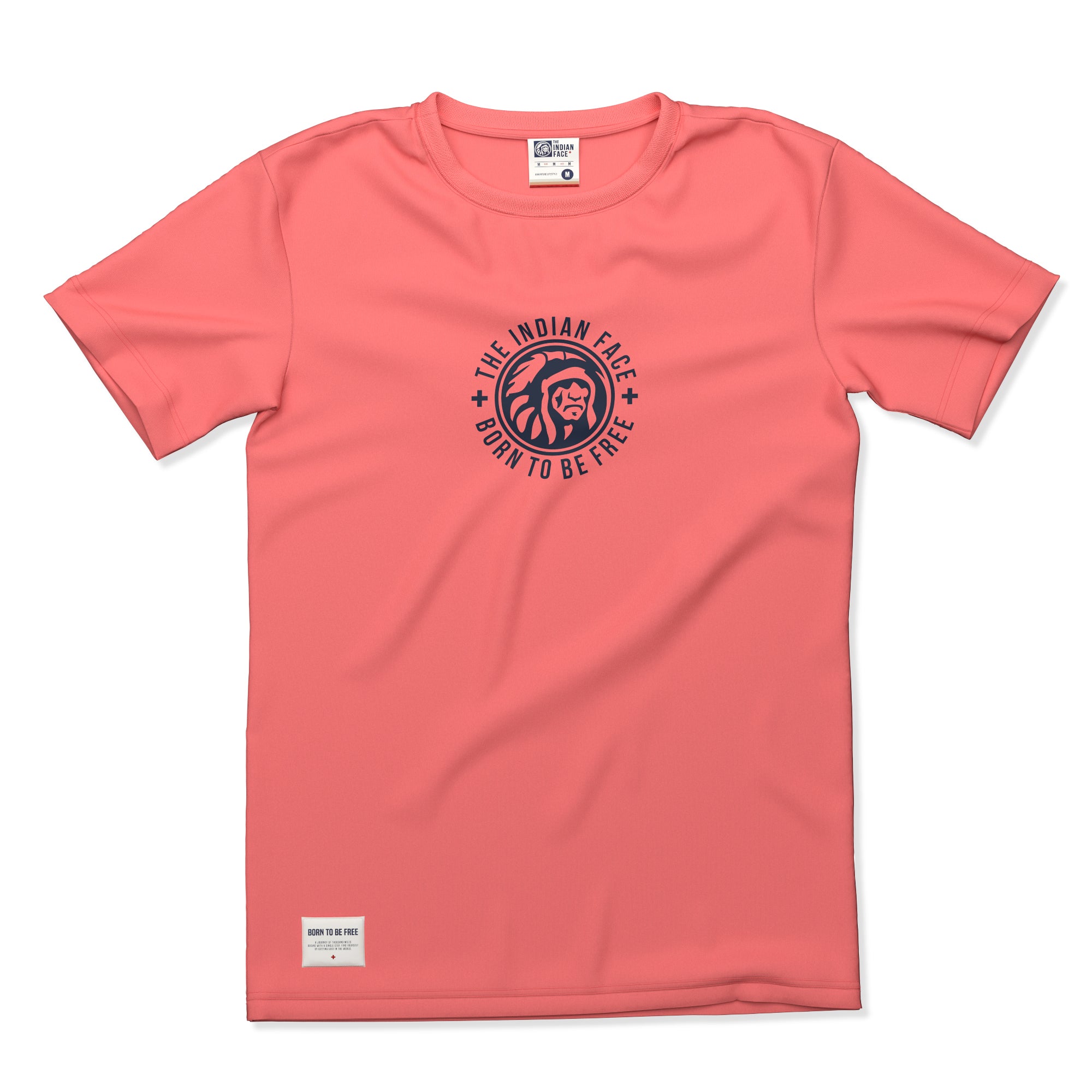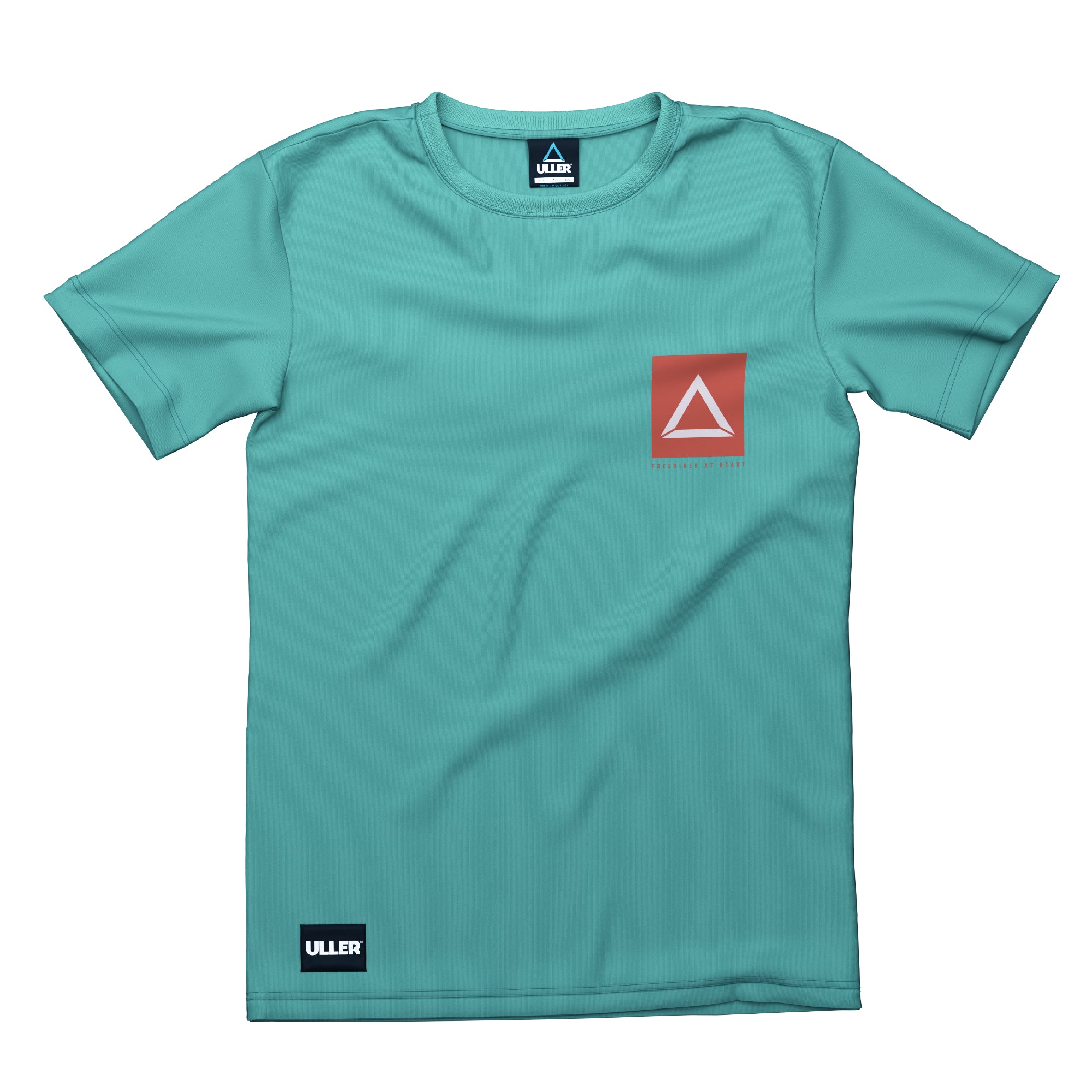Mira Rai is the image of hope in Nepal. She was born, like so many other Nepalese girls, in a village in the east of the country. A beautiful place, with great mountains and green valleys, with large lakes and a biodiversity that remains untouched and barely manipulated, where the main jobs are based on agriculture and livestock, but also a very difficult place to live. You struggle to get ahead from birth to death, and if you are a woman, in addition to being a burden, your opportunities are reduced to the minimum. There is no possible way out.
Mira grew up in a very humble family, surrounded by five brothers, but she was never treated as an inferior. The women in her family were always an example of strength for her, and she wanted to follow in their footsteps. Like most children in the village, she was busy doing housework, running errands, selling what her parents grew and moving with large loads of rice from one village to another. Once these duties were completed, she could go to school. Having a dream is not feasible in Rai's place of origin; leaving the village is unthinkable.
When the civil war broke out in Nepal, Mira was 14 years old. The economic crisis and shortages began to become more tangible at home, and after hearing that the Maoist army offered soldiers two meals a day and a monthly pay, the young woman decided to enlist. At 15, she joined the communist party as a child soldier. She sent the money she earned home, and, in addition, her parents would have one less mouth to feed.
During the two years he spent as a soldier, he learned to use weapons, but he never participated in a battle. He learned about construction and military strategy and how to cook. He also devoted himself to training, to sports such as karate, and discovered running, a discipline in which he stood out notably above the rest of the soldiers, men and women. In the army, there was no distinction made between boys and girls in terms of treatment. They were considered equal. “Boys and girls are like heaven and earth: equal.”
After coming in first place in a race organized at the military camp, Mia began running two hours a day every day.
In 2006, a peace agreement was signed between the warring parties in Nepal, and more than 4,000 children were expelled from the army for not reaching the age of majority. Among them was Mia, who returned home again. Since she cannot join the Nepalese army either because she is not yet 18, she moves to Kathmandu, the capital of Nepal, to try to work, but she finds herself without money, without work. She feels small and insignificant. The only thing she does that keeps her feeling alive and getting up every morning is going out for a run for hours.

Seeing that he is not going to be able to make a living in Kathmandu, he decides to get a visa to move to Malaysia to work in a garment factory. But luck then plays in his favour, and weeks before he is due to move, he hears about a race that is going to take place in a few days.
Without having any information about this race, Mia signs up as a runner. This competition was, nothing more and nothing less than the Himalayan Outdoor Festival, a test of ultra trail 50 kilometers, very hard and with difficult terrain and very steep hills and slopes. It was not the most suitable race for a girl who did not yet know the term “trail running” and had never raced professionally.
Dressed in old, half-broken sneakers, unprepared and with an attitude that denoted innocence and naivety, Mia begins to move forward.With 10 minutes left to go, she suffers a drop in blood pressure due to lack of food, excessive fatigue and putting so much pressure on her body. But then she remembers that she has been running, fighting and overcoming difficulties since she was little. Rai not only finishes the race, under a hailstorm, but she wins it. She manages to cross the finish line of the race that changed her life completely.
Pleasantly surprised, the race organizer, a British man living in Kathmandu, offers to train and equip her. He explains that trail running is a competitive sport and that she can pursue it professionally. Rai, incredulous and doubtful, assures him that her dream in life is to be a runner. From that moment on, the future runner will be a challenger. trail runner He starts training twice a day and attending English classes.
The second race she takes on is in Mustang. Rai wins this race convincingly. The athlete then begins to feel more confident each time and feels that she was born to race, and to win.

Her coach created a crowdfunding campaign to raise money to equip Mia and send her to Italy to compete. Once this was done, in 2014 the runner took part in and won the 57-kilometre Sella Ronda race, and two weeks later, she won gold again at the Ultra Trail Degli Eroi.
From here, Mia began a career of constant victories and became one of the great talents of trail running worldwide. She returned from Hong Kong with a gold medal in her hands, and in 2015, the sportswear brand Salomon, which had been following her career closely, offered to equip her and help her get to Australia to compete in the race. Buffalo Stampede.
Rai claims to be very happy in the mountains, and very happy when she runs. Her mind is able to ignore and block out temporary pain and she remains relaxed during races. She has a very distinctive running style. She keeps her body forward and propels herself with persistent, firm steps on the ground. Her body fluidity and her ability to concentrate and mentally escape are some of the keys to her success. We don't know what the runner thinks or feels while competing or training. She carries tons of talent inside her, and an impassive and impenetrable attitude on the outside.
Three months after a devastating earthquake in Nepal in 2016, Mia travels to Chamonix to compete in a race in Mont Blanc (80km). The athlete is particularly sensitive about this competition, as, still grieving the death of family and friends, she wants to do something for her country and bring positive news home on her return trip. However, Mia has never run so many kilometres in a race before.
The route was very hard, but her positive, determined and self-sacrificing mentality helped her win again and cross the finish line first. After reaching it, with excitement and infinite happiness, she took the red flag of Nepal out of her bag and began to wave it to the rhythm of the applause and congratulations of the spectators. That moment was captured by the media and became the front page image of all the newspapers the following day. From that day on, Mia began to be a reason for hope for all Nepalese, but, above all, for the young girls who lived, as she had done before, in small villages working the land to survive.

In 2017, Rai received the National Geographic Adventurer of the Year Award, and in 2018, the Asian Game Changers Award.
From that moment on, Mia decided that she wanted to share her passion and her “gift” with all her fellow athletes and spread her energy and positivity throughout her village and country. She currently runs the “Exchange and Empower” project together with the Hong Kong Trail Running Women organization, a program that aims to help young athletes who want to compete, train and receive a professional education. Nepalese athletes have the opportunity to travel to Hong Kong to compete in local races.
Thanks to Mia, many girls and women will be able to wave the Nepalese flag as she once did when they cross the finish line.













